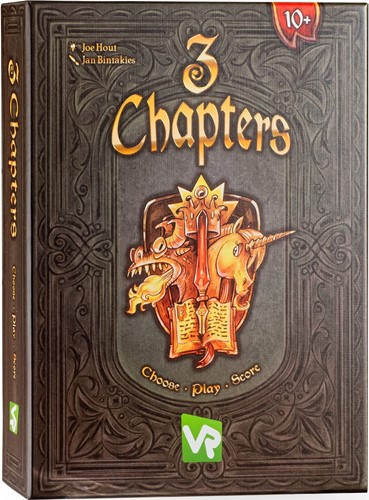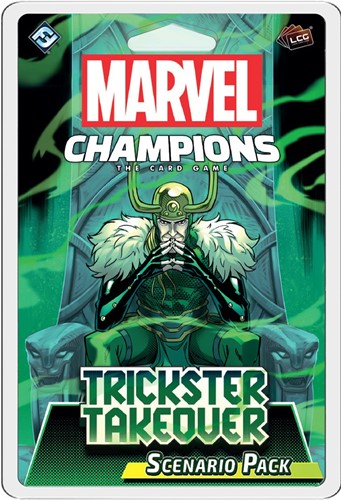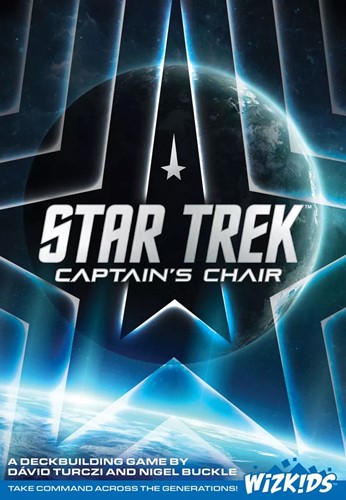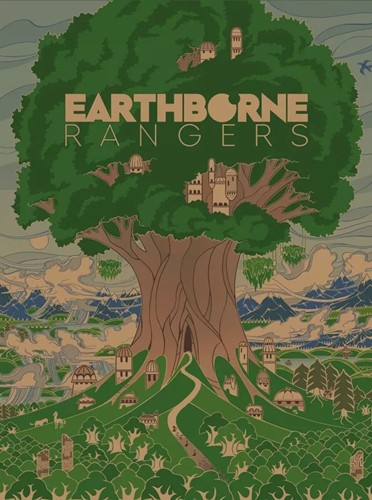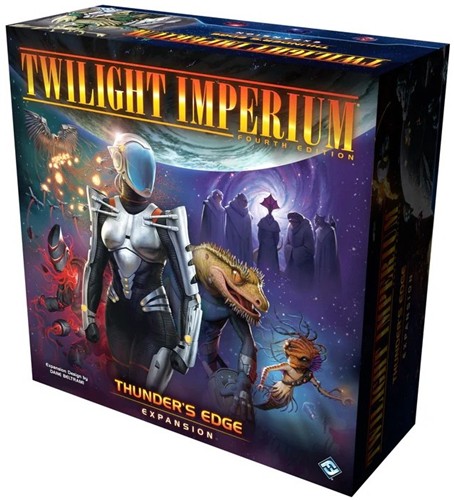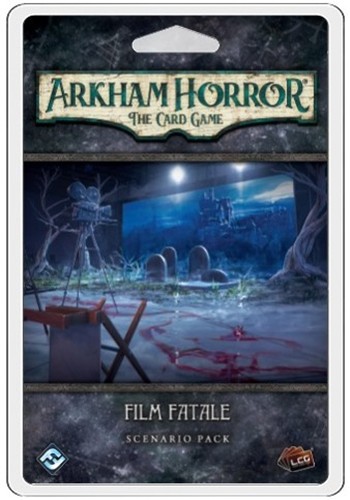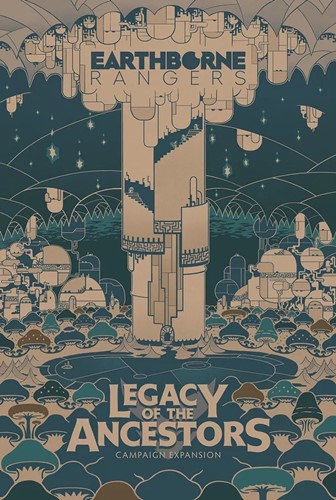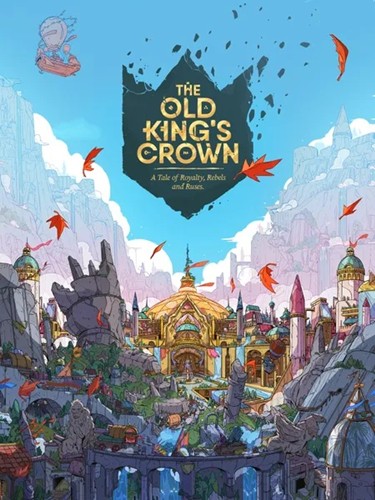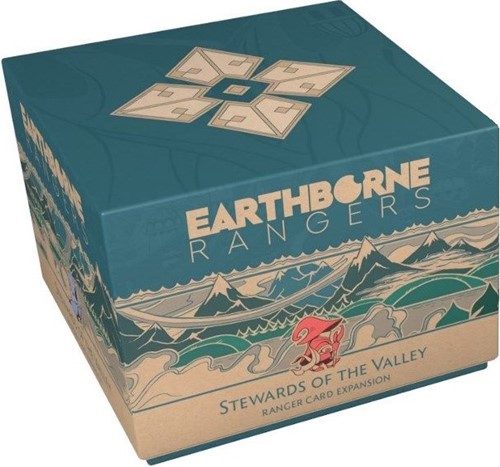The year is 1843, and Great Britain is poised to see the country gripped by a new disease - Railway Mania. Rail transportation to link industrial Great Britain together has captured the public imagination, and thanks to a rapidly expanding affluent middle class, more than enough money is available to build that rail net. Scores of new railway companies spring up. With virtually no governmental oversight, many fraudulent or economically unfeasible railways appear, financed by a tidal wave of cash from starry-eyed investors.
By 1849 the spectacular railway construction bubble completely bursts, thousands of individual investors are ruined, and the surviving well-run rail lines move into the financial wreckage to salvage the workable lines, continue construction through the next decade, and grow stronger. 1862: Railway Mania in the Eastern Counties is set in this cauldron of railway construction. Players will vie to start railway companies, invest money in railway shares, and attempt to run the railways they control for personal gain, trying to keep them afloat in changeable economic times. Each game played will be unique. Out of 20 available railway companies, only 16 will be randomly selected for each game – and only eight will be available at start. Each company also starts with a randomly chosen Permit to run one of three different types of train. Players then begin the game by investing in some of the available companies. Each company will generate revenue for the majority shareholder by laying track on the board, placing station markers, running any trains it owns, paying dividends or retaining revenue from those trains, and then buying more and more advanced trains. As the game progresses, players can start more companies and can merge companies they control with other companies. When larger and more powerful trains are bought, older trains become obsolete and disappear, causing financial crisis for the unprepared. The game ends after the last band of trains is bought, and the wealthiest player, including shares, but not money in companies, is the winner.
Contains:
Game board showing East AngliaRule bookletSolitaire rules34 Train cards8 Phase cards and 2 Train Manifest cards160 Company Certificates8 sheets of Track Tiles2 (identical) Player Aids£15,000 in Paper Money4 sheets of tokensNo. of Players: 2 to 8
Min. Age: 12






